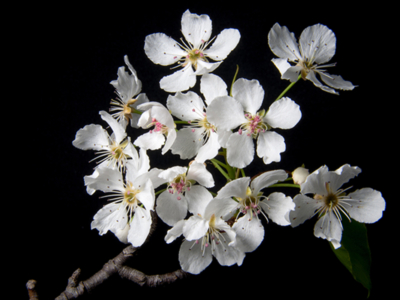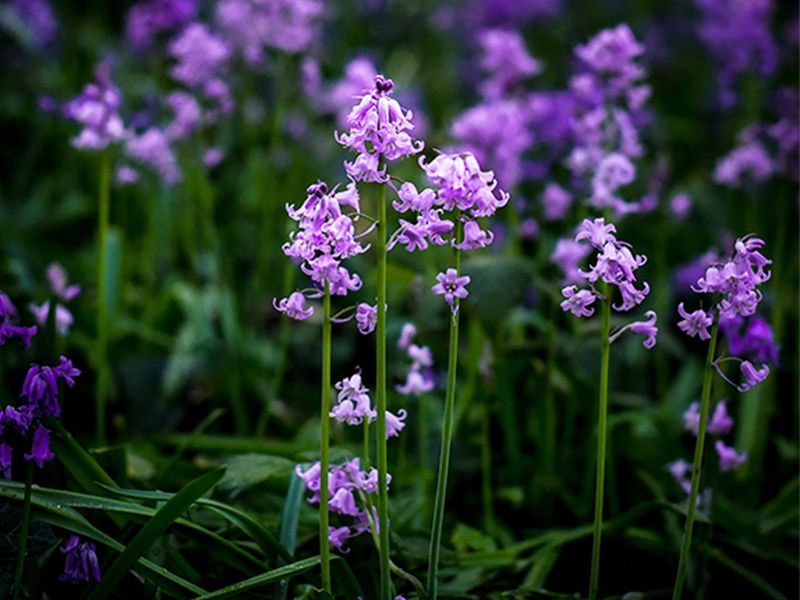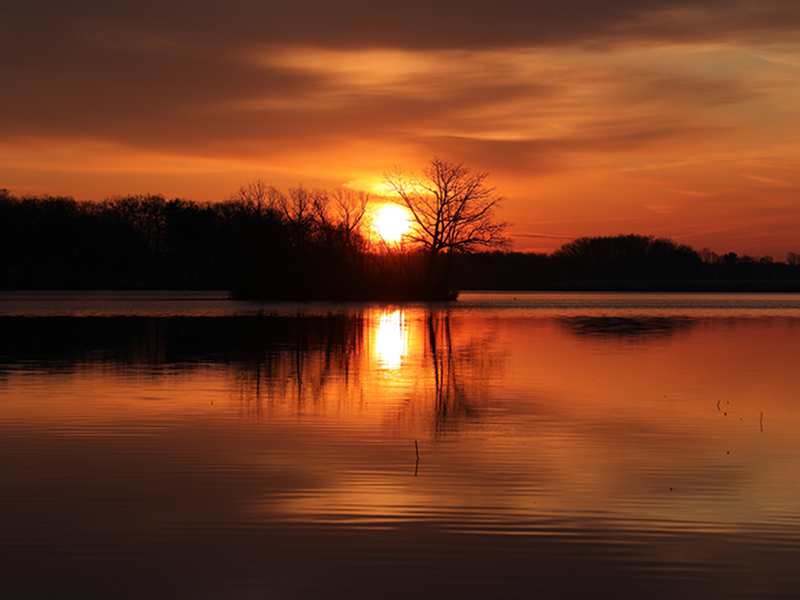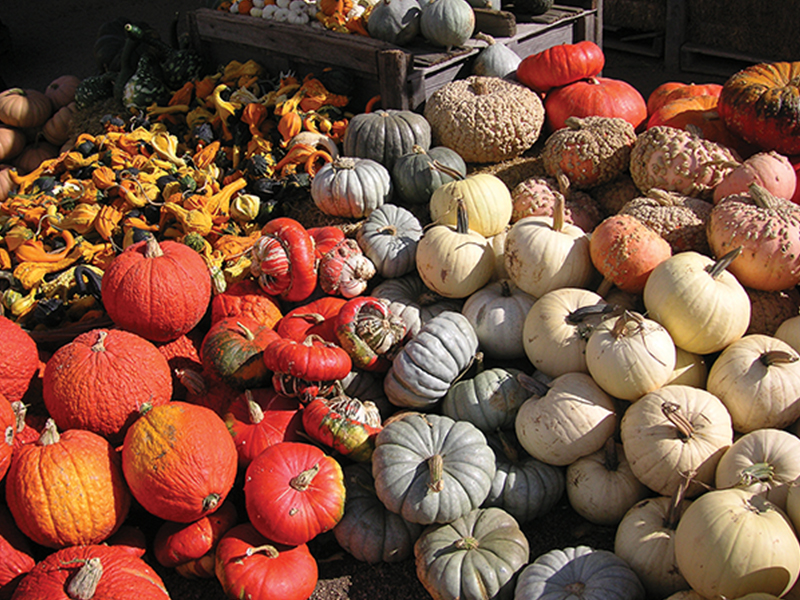Ritual events are timed to braid together current, past and future realities, making continuities possible. Time is not sequential but looped into spirals, like a quadruple helix, more complex than DNA. Our task is to arrive at the intersections of the loops and perform the rituals that foster the turning of the wheel.
In the bleak midwinter Frosty wind made moan,
Earth stood hard as iron, Water like a stone;
Snow had fallen, Snow on snow,
In the bleak midwinter, Long, long ago.
Traditionally our performing of specific rituals at Solstice insures the Sun’s return. From one perspective the belief that any human act influences the sun’s return is superstition, and it must be a very naïve person who doesn’t know the earth turning on its axis and the lengthening and shortening of days is an observable scientific phenomenon. From another perspective, it’s a dangerous person who thinks that scientific phenomena occur without divine and human tending, without the interaction between the human, the divine, and the earth herself that is integral to the Winter Solstice.
Lo, how a Rose upspringing, From tender shoot has sprung
Flower of Jesse’s people, As Prophets old have sung.
Oh, little flower bright. You came in cold of winter,
When dark was all the night. (Cologne, 1600)

In many faiths the braiding of time at Winter Solstice required a sacrifice. The year-king was that sacrifice, and through his death the people achieved the turning of time, and the returning of the sun and spring. Consider the idea that Jesus is the last year-king, the final sacrifice, braiding us into a new loop of time called Grace.
His most exquisite gift redeems creation, sets aside the Law, and initiates Grace. All of creation, including each one of us, is redeemed from this moment. We may turn away or deselect the fact of Grace from our view of reality, but our doing that does not make the Gift less given or real. One needs only to turn again, to choose to walk in Grace, and the chooser is rebraided into the cosmic fabric. The sun rises.

When we persist in being unhappy and dissatisfied we open a fissure, create a break, in the continuity of being. When we refuse to praise, when we are angry, our negativity tears at the web of life. If we are not actively weaving the web, the weight of our indecision and ambiguity eventually wears the fabric thin.
Ingratitude is corrected by forming a habit of praising. When dissatisfied begin to praise the Creator for all the blessings and goodness in this creation. Every moment is a conjunction, an opportunity to braid time. For what reason are we here? To redeem creation over and over, in our every act and breath. And to do no harm. How do we do that? We do that by praising, by loving, by caring for all of creation.
Praising Manners
We should ask God
To help us towards manners. Inner gifts
Do not find their way
To creatures without just respect.
If a man or woman flails about, he not only
Smashes his house,
He burns the world down.
Your depression is connected to your insolence
And refusal to praise. Whoever feels himself walking
On the path and refuses to praise – that man or woman
Steals from others every day – is a shoplifter.
The sun became full of light when it got hold of itself.
Angels only began shining when they achieved discipline.
The sun goes out whenever the cloud of not-praising comes near.
The moment the foolish angel felt insolent, he heard the door close.
—Rumi from Night and Sleep, translated by Robert Bly
Journeymaker, I’m wondering what you are grateful for this Solstice. Let me know!





